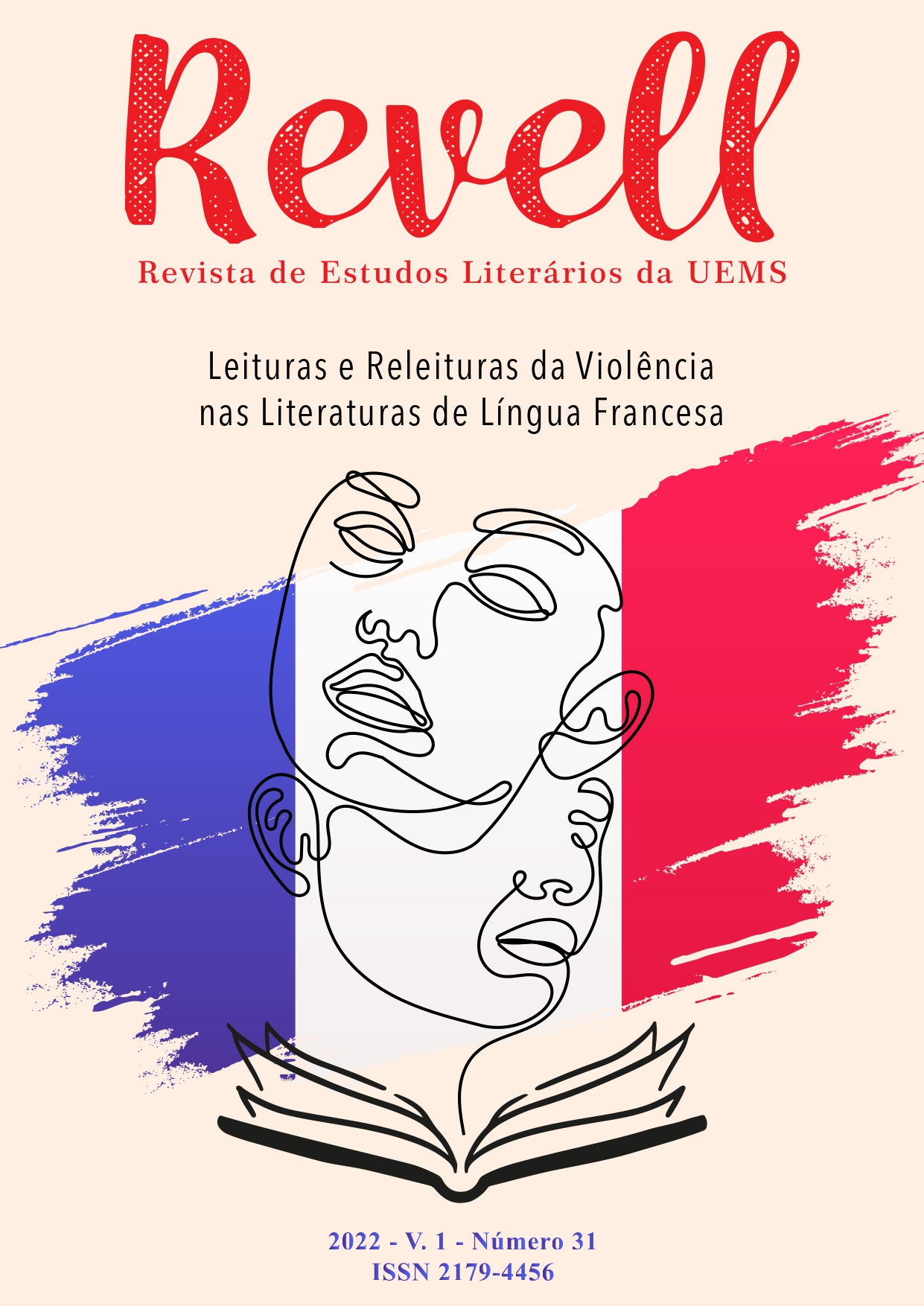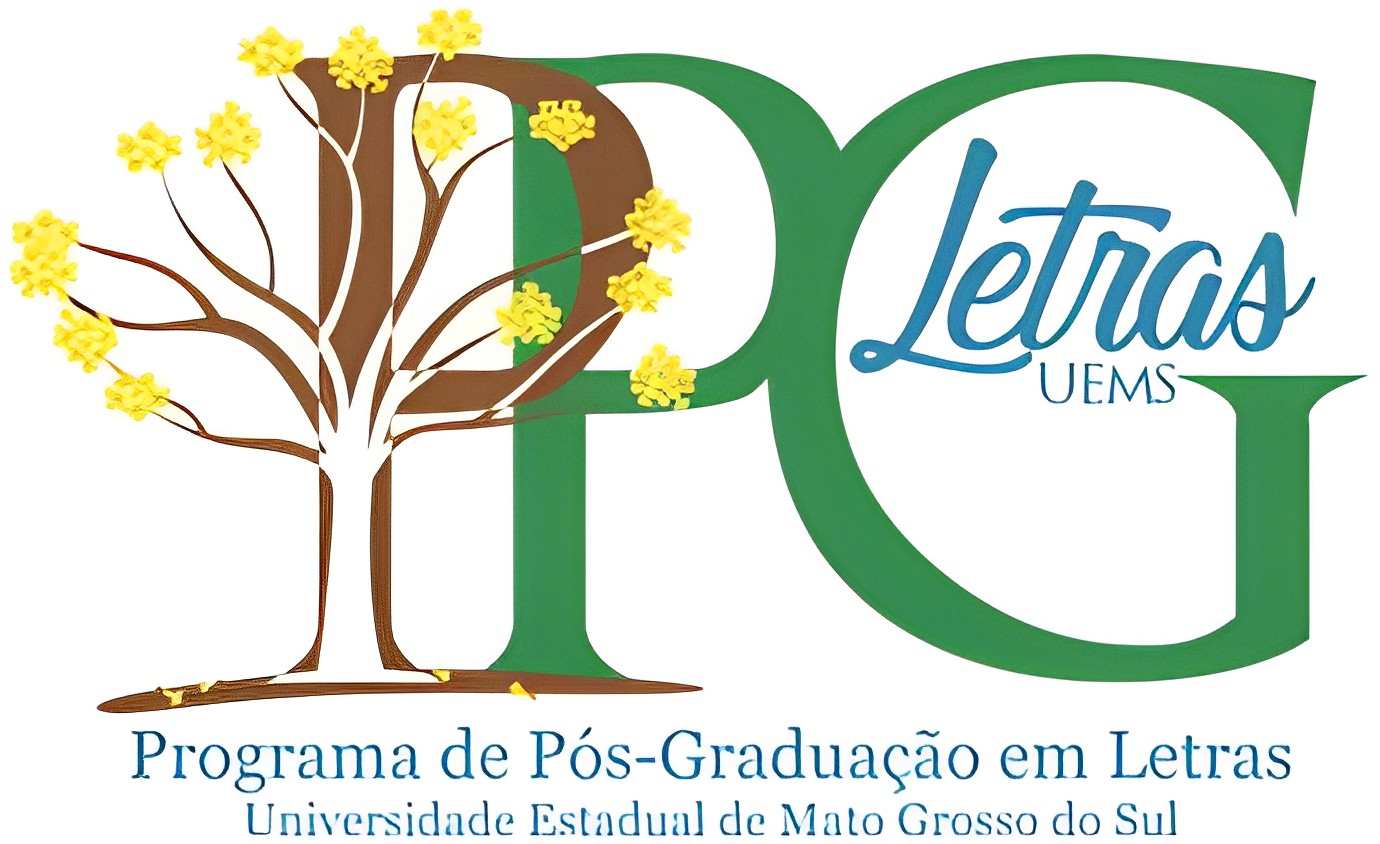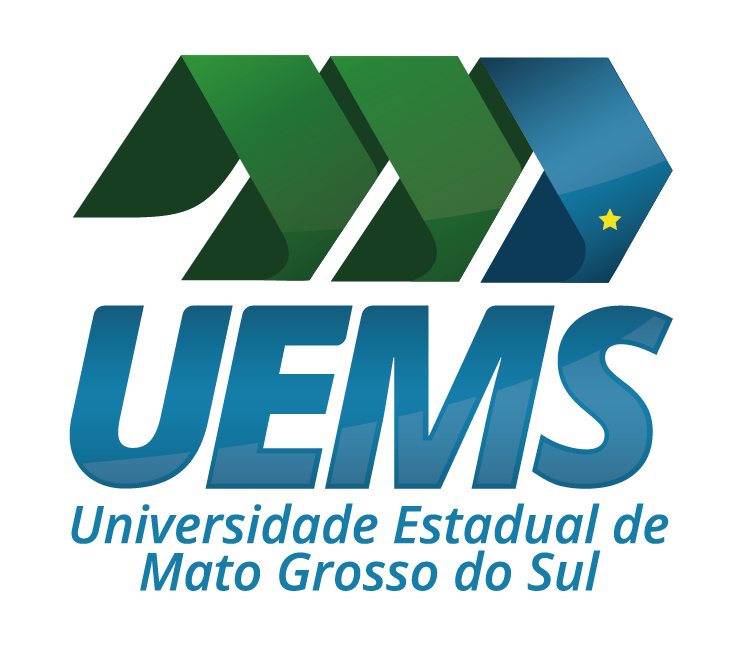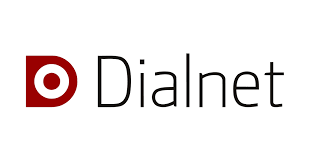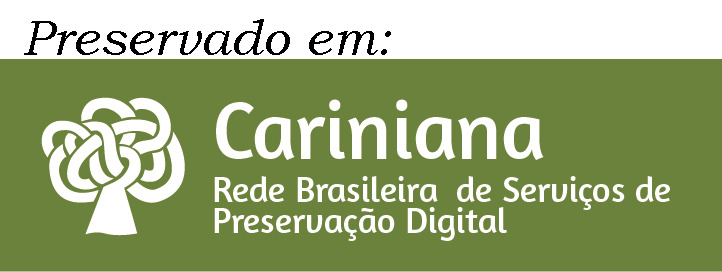Unity and Closure through Performatism: A Possible Replacement of Postmodernism?
DOI:
https://doi.org/10.61389/revell.v1i31.6632Palavras-chave:
Performatism, postmodernism, unity, closure, aesthetic devicesResumo
Through the use of aesthetically mediated devices, the contemporary literary theory is argued, by Raoul Eshelman, to have ushered into a new epoch-making era of performatism by assigning unity and closure to the current art works in the world. Eshelman attempts to apply his newly formed concept in different art works ranging from literary writings to architecture, movies and paintings in his book, Performatism or End of Postmodernism in 2008. This paper is an attempt to overview and analyse the concept of Performatism by applying it, as an example, on a recent Pakistani narrative The Party Worker by Mohsin Hamid Shahid. The rationale for the selection of this work is owing to the claim by Eshelman that Performatism has seeped into art works globally. The textual analysis of the selected novel signifies that Eshelman’s view of contemporary state of literary theory cannot be neglected as there are attempts at unification and closure of the narratives, a departure from postmodern disintegration and fragmentation. However, the imposition of unity and closure owing a great deal to the use of aesthetic devices and authoriality through the strategic maneuvering by the writer poses a threat to the smooth shifting from postmodernism to performatism.
Referências
ASHRAF, Ayesha, and Munawar Iqbal Ahmad. “Transformation of Metanarratives: A Postmodern Analysis of Burnt Shadows.” Economics, vol. 13, no. 04, 1991, pp. 27–42.
BOURIARD, Nicholas. Altermodern Manifesto. 2015, http://www.artsandecology.org.uk/magazine/features/nicholas-bourriaud--altermodern-manifesto.
CHILDISH, Billy, and Charles Thomson. “Remodernism.” Supplanting the Postmodern : An Anthology of Writings on the Arts and Culture of the Early 21st Century, 2015, doi:10.5040/9781501306907.ch-007. DOI: https://doi.org/10.5040/9781501306907.ch-007
DERRIDA, Jacques. “Of Grammatology.” Trans G. C. Spivak, John Hopkins University Press, 1976.
EAGLETON, Terry. After Theory. Basic Books, 2003.
ESHELMAN, Raoul. Performatism, or End of Postmodernism. Davies Group, 2008.
HAMID, Omar shahid. The Party Worker. Pan Macmillan India, 2017.
HEISER, Jorg. Romantic Conceptualism. Kerber, 2008.
HUCHEON, Linda. The Politics of Postmodernism. Routledge, 2002. DOI: https://doi.org/10.4324/9780203129876
KIRBY, Alan. Digimodernism. How New Technologies Dismantle the Postmodern and Reconfigure Our Culture. Routledge Press, 2009.
LIPOVETSKY, Gilles. Hypermodern Times. Cambridge Press, 2005.
LYOTARD, Jean-Francois. The Postmodern Condition: A Report on Knowledge. University of Minnesota Press, 1979.
MANN, Steve. “Existential Technology: Wearable Computing Is Not the Real Issue!” Leonardo, vol. 36, no. 1, 2003, pp. 19–25. DOI: https://doi.org/10.1162/002409403321152239
NGAI, Sianne. “Stuplimity: Shock and Boredom in Twentieth-Century Aesthetics.” " Postmodern Culture, vol. 10, no. 02, 2000. DOI: https://doi.org/10.1353/pmc.2000.0013
SALTZ, Jerry. “Sincerity and Irony Hug It Out.” New Yorker Magazine, 2010.
SAMUELS, Robert. New Media, Cultural Studies, and Critical Theory after Post¬modernism: Automodernity from Zizek to Laclau (Educa¬tion, Psycho¬analysis, and Social Transformation). Cambridge University Press, 2009.
SHAMSIE, Kamila. Hybrid Tapesteries. Oxford University Press, 2017.
TOTH, Josh, and Neil Brooks. “Introduction: A Wake and Renewed?” The Mourning After., Brill, 2007, pp. 1–19, doi:doi: https://doi.org/10.1163/9789401204064_002. DOI: https://doi.org/10.1163/9789401204064_002
VERMEULEN, Timotheus, and Robin van den Akker. “Notes on Metamodernism.” Journal of Aesthetics & Culture, vol. 2, no. 1, 2010, p. 5677, doi:10.3402/jac.v2i0.5677. DOI: https://doi.org/10.3402/jac.v2i0.5677
Downloads
Publicado
Como Citar
Edição
Seção
Licença
Copyright (c) 2022 REVELL - REVISTA DE ESTUDOS LITERÁRIOS DA UEMS

Este trabalho está licenciado sob uma licença Creative Commons Attribution 4.0 International License.
DECLARAÇÃO DE ORIGINALIDADE E EXCLUSIVIDADE E CESSÃO DE DIREITOS AUTORAIS
Declaro que o presente artigo é original e não foi submetido à publicação em qualquer outro periódico nacional ou internacional, quer seja em parte ou na íntegra. Declaro, ainda, que após publicado pela REVELL, ele jamais será submetido a outro periódico. Também tenho ciência que a submissão dos originais à REVELL - Revista de Estudos Literários da UEMS implica transferência dos direitos autorais da publicação digital. A não observância desse compromisso submeterá o infrator a sanções e penas previstas na Lei de Proteção de Direitos Autorais (nº 9610, de 19/02/98).

